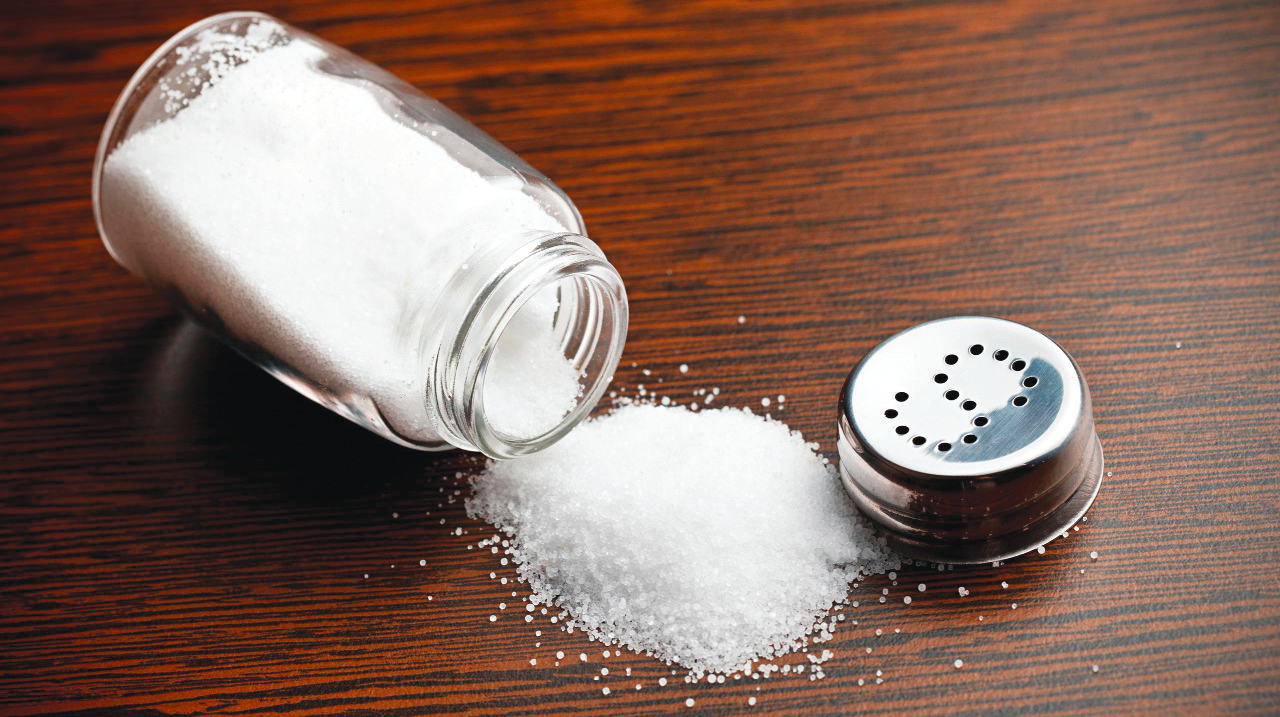
Have you ever been told that consuming more salt will make you thirstier? Well, it could be just an old wives’ tale, say new studies by Russian cosmonauts. So far we have known that if your salt, or sodium chloride, intake is high, you will get more thirsty and hence, drink more water. This will ultimately dilute your blood to maintain an adequate concentration of sodium. This will lead you to excreting the excess salt and water through urination. However, recent studies show that this theory may be completely wrong.
The experiment was conducted through the course of two separate space flight simulation studies where ten healthy men were given three salt intake levels (12, 9, or 6 g/d),while keeping all other dietary intakes constant.
It concluded that eating more salt made the cosmonauts less thirsty and hungrier. Some subsequent experiments were also conducted on mice which showed how more salt intake burnt more calories, leading them to eat 25 per cent more to maintain their weight.
This new study has contradicted conventional wisdom. It is actually a result of a quest by a scientist Dr Jens Titze, now a kidney specialist in Germany. A similar study was conducted in 2006 which concluded that the more salt the cosmonauts ate, the more salt they excreted.
This ensured that the sodium content in the blood remained constant while increasing their urine volume. But, as the salt intake increased, water intake reduced. So, the question that remained was from where was the excreted water coming?
After this experiment, Dr Titze studied mice. The more salt mice took, the lesser water they drank. But their water requirement was still getting fulfilled.
Due to high salt, glucocorticoid hormones increased, breaking down fat and muscle and making water that the mice could use. This process needed more energy, hence, the mice ate 25 per cent more than their usual diet. This concluded that if your body broke down tissues to balance a high salt intake, it may even lead to weight loss.





Be the first to comment